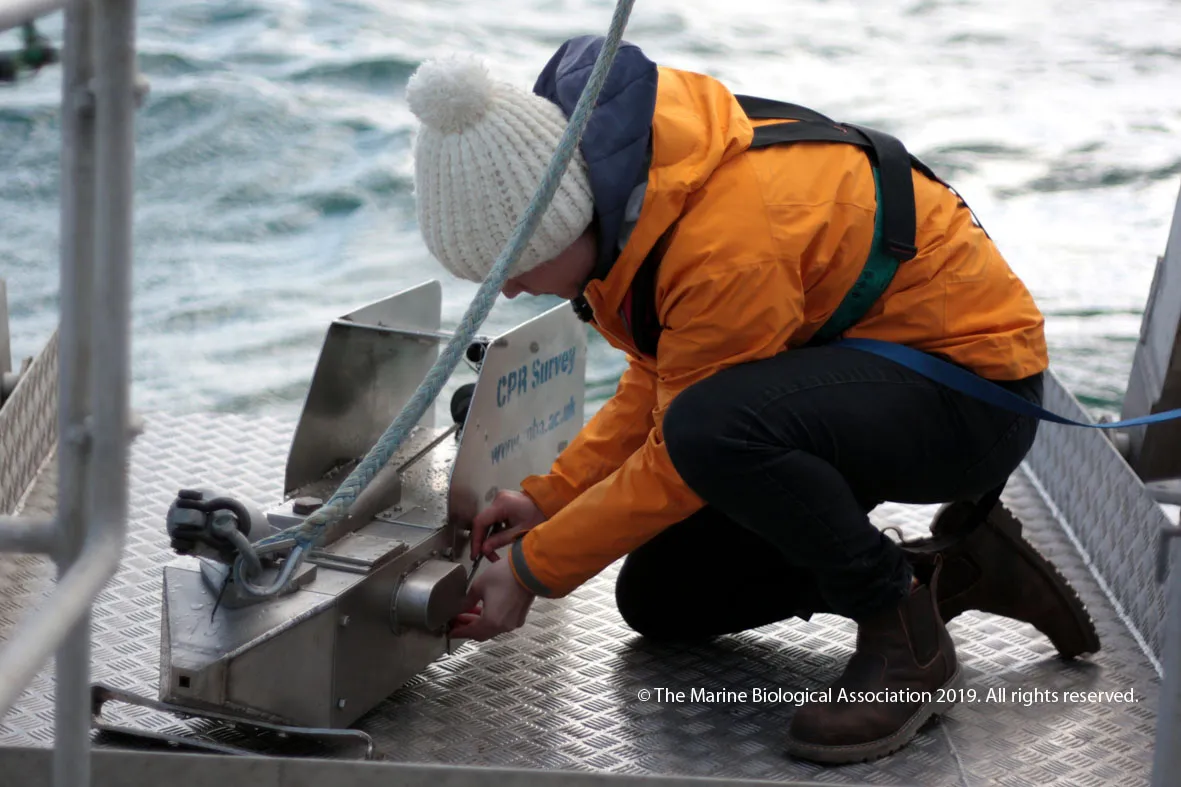Scientists from the Marine Biological Association and the University of Plymouth have collected data across 6.5 million nautical miles and over a 60-year period, which showed a significant increase in large plastic items.
The findings are based on records of plastics becoming entangled on a towed marine sampler, the continuous plankton recorder (CPR).
The CPR is pulled along surface water, occupying the same space as marine mammals and therefore is impacted by entanglements in a similar way.

Since the 1950s,there has been a rapid increase in plastic production and, with growing global populations, plastic waste continues to rise.
Though public knowledge of the problems of plastics is on the rise, long-term environmental datasets of plastic debris are virtually non-existent.
“Quantities of marine litter are highly variable in time and space, making it very challenging to see temporal trends,” says contributing author Prof Richard Thompson OBE from the University of Plymouth.
“Back in 2004, it was a collaboration between myself and colleagues using the CPR that was the first to show decadal increase in microplastic concentrations in the oceans. It is perhaps no surprise that quantities of litter are increasing but having robust evidence such as this is essential to help inform policy interventions on a global scale.”
Read the full paper in Nature Communications.
Main image: Jellyfish and litter. © Blacklenz/Getty
